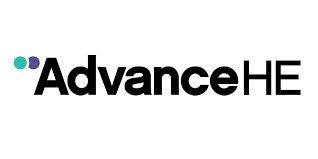What does it take to achieve a successful Athena Swan submission in challenging circumstances? Creating a submission that is honest about the issues that hinder gender equality at a local level, and ambitious enough to tackle these issues is a challenge. Having contributed to three successful Athena Swan submissions before embarking on this one with the School of Applied Social Sciences here at De Montfort University, I was well aware of the complexity and graft involved in the task ahead. However, embarking on such a project whilst a global pandemic turns everyone’s personal and working lives upside down was another thing altogether.
Reflecting on this experience has proved invaluable, particularly given that the increased flexible, hybrid and remote working is going nowhere fast. This reflection led me to identify three key ingredients that went into this successful submission: firstly, making it a collective effort of the whole school/department, beyond the immediate Athena Swan self-assessment team; secondly, recognising that there is strength and experience found in diversity, and assembling the self-assessment team accordingly; thirdly, making the appraisal an honest one to ensure meaningful change. Whilst these reflections and recommendations emerged from working through the pandemic, their application is equally applicable in the post-pandemic landscape.
A principal aim from the beginning of our self-assessment journey was to involve the whole School in discussions around our data and creating actions. The pandemic however made this a real challenge; workshops, meet-ups, corridor chats and serendipitous encounters that can lead to insightful discussion were out the window and so ensuring our analysis was collectively informed required both creativity and sensitivity. Grasping the capabilities of technology and organising Athena Swan themed webinars open to all School staff proved successful, and these were well attended. Here we had a platform to share our findings with and gather ideas from School staff beyond the self-assessment team. We also found that the digitisation of engaging staff (eg through digital chat functions and anonymised digital feedback forms) empowered those less likely to engage in a traditional meeting or workshop to participate more confidently, and for these reasons we will continue using this approach. Despite the physical restrictions resulting from the pandemic, this approach enabled us to promote the Charters aims and produce actions with input from the wider School, beyond the Athena Swan team.

